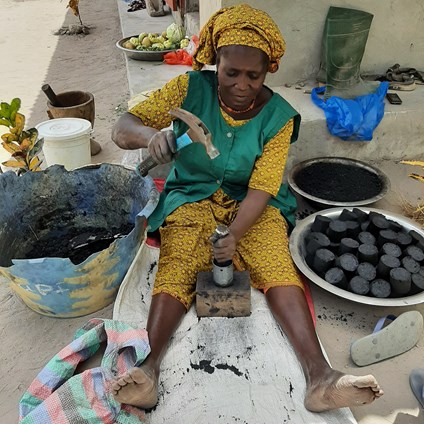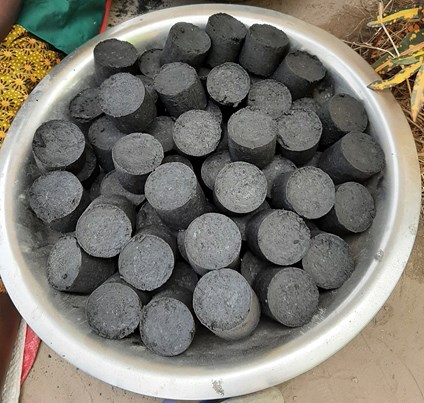Senegal
About Senegal
Around 60% of the workforce in Senegal are engaged in food crop production, with small subsistence farms the norm[1]. As women produce 80% of the nation’s food, their empowerment is crucial to rural and agricultural improvement.
Senegal has a tropical climate with dry and humid seasons. Climate change is expected to lead to hotter temperatures and more frequent intense rainfall. This is likely to reduce the yields of key crops such as sorghum and millet[2]. Poor soils and deteriorating forests and water resources pose additional challenges for Senegalese farmers.
Test sites
The BIO4Africa test sites are located at University Assane Seck of Ziguinchor and Diouloulou, which also lies in the Ziguinchor region.
[1] International Fund for Agricultural Development
[2] Future Climate for Africa
Bio-based technologies and feedstock


The test sites will validate the following technologies:
Densification, producing:
- Densified total mixed ration blocks for livestock feed
- Pellets for clean household cooking using improved stoves or gasifiers
Pyrolysis, producing:
- Biochar as a solid fuel and soil conditioner and additive in biogas production systems
Briquetting, producing:
- Solid fuel for use in clean household cooking using improved stoves or gasifiers
Biodigestion, producing:
- Biogas as a renewable energy source. Two biogas reactors are already in place at the university
- Digestate for use as a natural fertiliser.
Hydrothermal carbonisation (HTC):
- Test of hydrochar production using high-moisture feedstock
Local feedstock will include:
- Cashew and peanut shells and millet and maize stalks for briquette production, densification and pyrolysis
- Typha and other high moisture feedstock for biochar production by HTC
- Livestock manure, agricultural residues and food waste for biodigestion
Hydrochar - creating new value with wet biomass
Hydrothermal carbonisation (HTC) lab trials are taking place at Assane Seck University of Ziguinchor (UASZ) in Senegal in close collaboration with IHE Delft. The trials are testing the production of hydrochar using local wet biomasses such as typha and cashew apple pulp.
"HTC is an interesting new technology for West Africa. Hydrochar can help people for cooking, soil amendment and other applications"
Professor Lat Grand Ndiaye, UASZ
HTC eliminates the need to dry biomass before processing, which is a requirement for biochar production by pyrolysis.